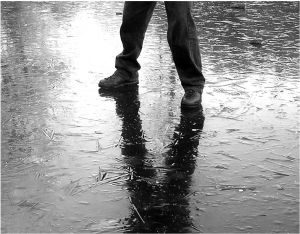The Iowa Supreme Court has set for retrial the case of Alcala v. Marriott Int’l, Inc., a slip-and-fall case that involves a hotel business guest who was injured after a fall on an ice-slicked walkway on the property. 
Boston residents are well familiar with the phenomenon of ice and snow during the brutal winter months. Of course, it’s not something many want to spend time thinking about at the start of summer, but it’s worth keeping abreast of legal developments on this front because it does affect many in Massachusetts for a good six months out of the year.
In Massachusetts, the 2010 ruling of Papadopoulos v. Target Corp. upended the previous slip-and-fall standard when it came to snow and ice, which was that there was no liability for naturally-accumulated ice and snow, but there was for unnaturally-accumulated ice and snow. The Maine Supreme Judicial Court held that a property owner owed a duty to lawful visitors in both cases to protect them from hazards arising from snow and ice. Whether a property owner’s action is “reasonable” will depend on a myriad of factors, including likelihood of injury, probable seriousness of such injuries and how great a burden it is to reduce or avoid that risk altogether. Continue reading
 Boston Personal Injury Attorney Blog
Boston Personal Injury Attorney Blog

